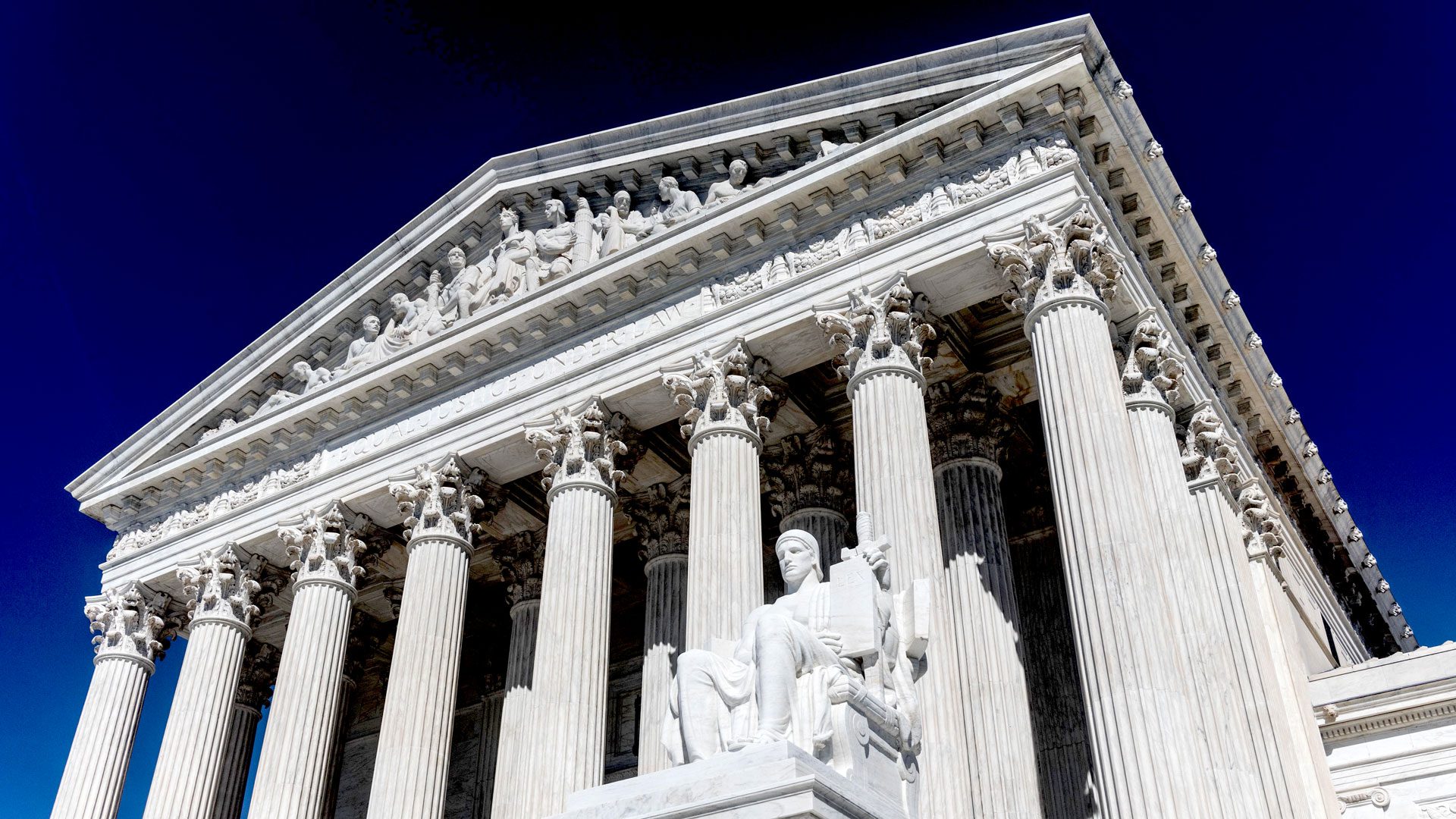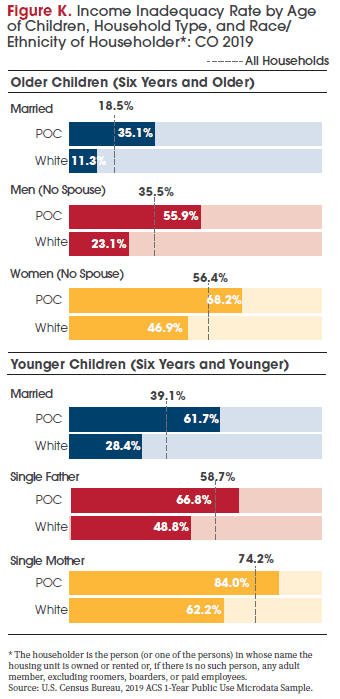Charles Brennan provided testimony in support of House Bill 24-1129, Protections for Delivery Network Company Drivers. CCLP is in support of HB24-1129.
Recent articles
CCLP testifies in support of TANF grant rule change
CCLP's Emeritus Advisor, Chaer Robert, provided written testimony in support of the CDHS rule on the COLA increase for TANF recipients. If the rule is adopted, the cost of living increase would go into effect on July 1, 2024.
CCLP testifies in support of updating protections for mobile home park residents
Charles Brennan provided testimony in support of House Bill 24-1294, Mobile Homes in Mobile Home Parks. CCLP is in support of HB24-1294.
CCLP’s legislative watch for April 5, 2024
For the 2024 legislative session, CCLP is keeping its eye on bills focused on expanding access to justice, removing administrative burden, preserving affordable communities, advocating for progressive tax and wage policies, and reducing health care costs.
Remarks on Dobbs v Jackson Women’s Health Organization

The following remarks are provided by CCLP’s executive director Tiffani Lennon.
An attack on access to reproductive health is an attack on access to healthcare. Today’s attack on healthcare affects everyone, but particularly those experiencing poverty, with a disproportionate impact on people of color.
Today’s decision in Dobbs v. Jackson Women’s Health Organization, and the “trigger laws” going into effect as a result, are the culmination of a long campaign to undermine the rights of individuals over their bodies, to overrule the advice of medical professionals acting in the best interest of their patients, and to codify a fringe interpretation of the Constitution as a document frozen in time, against the wishes and forebodings of its very authors. It is also a direct strike against the principle that all possess the right to life, liberty, and the pursuit of happiness. The ability for individuals to make their own choices about the courses of their lives and futures has been significantly reduced.
As the Economic Policy Institute eloquently explained last month (following the leaked draft of the Dobbs opinion), “Reproductive healthcare rights are economic rights.”
“In reality, abortion rights and economic progress are deeply interconnected, and the imminent loss of abortion rights means the loss of economic security, independence, and mobility for millions of women. The fall of Roe will be an additional economic blow, as women in the 26 states likely to ban abortion already face an economic landscape of lower wages, worker power, and access to health care….
Some of the economic consequences of being denied an abortion include a higher chance of being in poverty even four years after; a lower likelihood of being employed full time; and an increase in unpaid debts and financial distress lasting years.”
An amicus brief to the court, representing over 100 economists, likewise made clear what was at stake in this decision:
“Causal-inference research confirms that Roe changed the arc of women’s lives… Abortion legalization impacted birth rates, separate and apart from the impact of contraception and other developments… particularly impacted young women and Black women… (and) has had downstream impacts on women’s social and economic lives.”

Income inadequacy rates by age of children, household type and race/ethnicity of householder. From Overlooked and Undercounted 2022.
The brief further observed that “Employment policies are woefully inadequate; women continue to face real obstacles to balancing motherhood and careers.”
Indeed, CCLP’s own research points to similar conclusions. Single mothers make up 17.9 percent of those living below the Self Sufficiency Standard despite accounting for 7.1 percent of working-age households. For many, the inequity of our economic system leads to often difficult reproductive choices. The curtailment of those rights is a striking step backward, ensuring the cycle of generational poverty continues for families across the country.
The state in which we find ourselves has been an evolution that has slowly and insidiously eroded access to healthcare. But will this momentum stop with overturning Roe v. Wade? Undoubtedly not.
In the very same week, the same court that overturned Roe and Casey — returning the regulation of reproductive health access to the discretion of the states — rejected the right of states to regulate access to firearms. That the highest court in the land can reach such different interpretations of constitutional rights in the span of a single week argues that these decisions are not built upon jurisprudence, but on ideology.
Justice Thomas expressed as much today in his statement:
“In future cases, we should reconsider all of this Court’s substantive due process precedents, including Griswold, Lawrence, and Obergefell.”
His choice of cases here is very telling of the ideological motivation of this court, referencing only those precedents supporting gay rights, gay marriage, and contraception, while notably omitting references to Loving v. Virginia and Brown v. Board of Education, two other cases in which the Court previously established federal rights not explicitly written in the Constitution.
The notion of this court is that rights are finite, that access to economic opportunity should favor some over others, that increasing equality for all will threaten those who have benefited from the status quo.
Despite lip service to the contrary, a fundamental rejection of equality has always underpinned the structural racism and economic inequality that continues to plague our country. Some perceive power sharing as dangerous for their own interests because, for some, equity feels like oppression. Some even believe that overturning Roe is a pinnacle “win,” and that they finally have “arrived” after decades of fighting. We must remind them: this is just the beginning. They have “awakened a sleeping giant” and the fight has just begun.
Together, we will reject misinformation and lies. We will remain steadfast, standing with diverse communities in the fight against poverty. We will continue to advance evidence-based solutions and uphold the principles of equity that make equality possible. We will continue to work tirelessly to increase access to healthcare — along with safe housing, healthy food and adequate income — because we are better than this.
The right of individuals to define their own futures is critical to our vision of a Colorado in which everyone has what they need to succeed. Though Colorado, at this time, affirms the right to an abortion, individual rights and equity across the U.S. have been harmed by today’s decision. To be clear: this will not be the last attack on equity and economic opportunity for those experiencing poverty. We stand determined, however, to ensure that today’s decision is not the final word.





